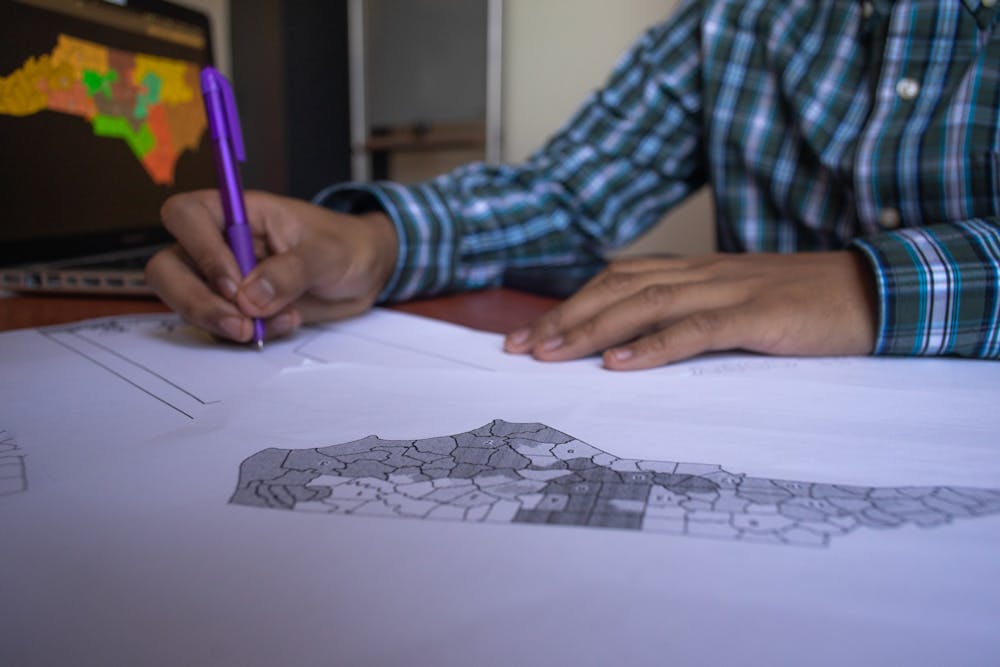North Carolina will likely be gaining another congressional seat after the 2020 Census, which would raise the number of representatives in the state to 14.
Election Data Services, a political consulting firm that specializes in analyzing census data, released a statement on Dec. 30 that North Carolina and six other states are likely to increase their congressional delegation based on 2019 population estimates.
Kimball Brace, the president of Election Data Services, said the census would need to have around 337,000 fewer people on it than the 2019 estimate in order for the state to not gain a seat.
“Undercounting of certain communities is a big issue during the census,” Jessica Stanford, a demographic analyst from Carolina Demographics, said. “Some of that is balanced by the fact that other groups of people are overcounted.”
Marilyn Carter, chairperson of the Orange County Democratic Party, said ensuring an accurate census count is important because it determines resources that get allocated from the federal government. Carter said funding from the federal government impacts the health standards, schools and transportation for residents in North Carolina.
“Having that extra seat, we believe, is an opportunity to improve the balance of representation in the state,” Carter said. “As we have the new districts drawn up, after the census is completed, that is an opportunity to look at the maps in an equitable fashion and ensure that we have more balanced representation.”
Brace said an important community that is not included in the estimates are people in the U.S. military. The statement released by Election Data Services explains that there were no estimates provided for military personnel overseas. Brace said the Census Bureau and the U.S. Department of Defense will be working together to count military personnel not counted in the resident population.
Brace said this count has the potential to cause an impact and referenced how a seat switched from Utah to North Carolina due to the military in 2000.
“Those numbers will be added to the resident population of the count here stateside,” Brace said. “And then those two numbers, the totals of those, would then become the apportionment numbers for the purposes of how many seats.”




